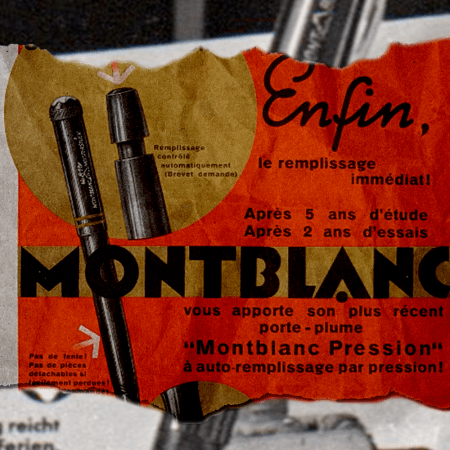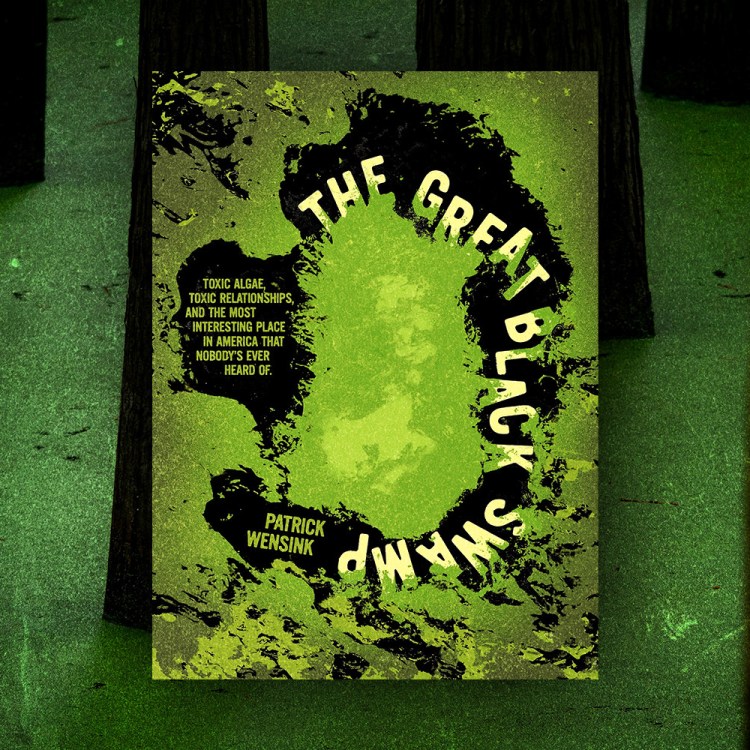Over the course of his long career, Christopher Hitchens eluded easy ideological classification. He was a Trotskyist thinker who found common cause with the George W. Bush administration over its desire for regime change in Iraq; he wrote books critical of the unlikely trifecta of Henry Kissinger, Bill Clinton and Mother Teresa. As the title of one of his books suggests, Hitchens was emblematic of a certain approach to contrarian writing about politics and society.
In a new column at The New York Times, David Brooks invokes Hitchens as part of a larger discussion of what he refers to as “[i]ntellectual exclusion and segregation.” Brooks argues that this is an issue for both the political left and right, with Hitchens mentioned prominently:
The liberal New Republic has less viewpoint diversity than the conservative National Review — a reversal of historical patterns. Christopher Hitchens was one of the great essayists in America. He would be unemployable today because there was no set of priors he wasn’t willing to offend.
The gist of Brooks’s column is that newsletter service Substack is establishing itself as a more ideologically interesting space than most long-running publications. “The first good thing about Substack is there’s no canceling,” Brooks writes. “A young, talented heterodox thinker doesn’t have to worry that less talented conformists in his or her organization will use ideology as an outlet for their resentments.”
While Substack has attracted high-profile names from across the ideological spectrum — including Andrew Sullivan — Brooks’s argument regarding Hitchens doesn’t entirely check out. In the last decade of his life, Hitchens wrote regularly for Vanity Fair, The Atlantic and Slate — all of which published (and continue to publish) work by writers with differing ideologies.
And it’s worth remembering that Hitchens was soundly criticized for certain essays as they were published, long before the age of “cancel culture.” To cite one prominent example, his 2007 essay on women and comedy was hotly debated and derided at the time of its publication.
There’s certainly a lot of interesting work being published on Substack, but its appeal seems to have less to do with institutional ideological debates and more to do with writers experimenting with new ways to make money. It’s a time-honored pursuit — but it has little to do with the literary legacy of Christopher Hitchens.
Subscribe here for our free daily newsletter.
Thanks for reading InsideHook. Sign up for our daily newsletter and be in the know.


















